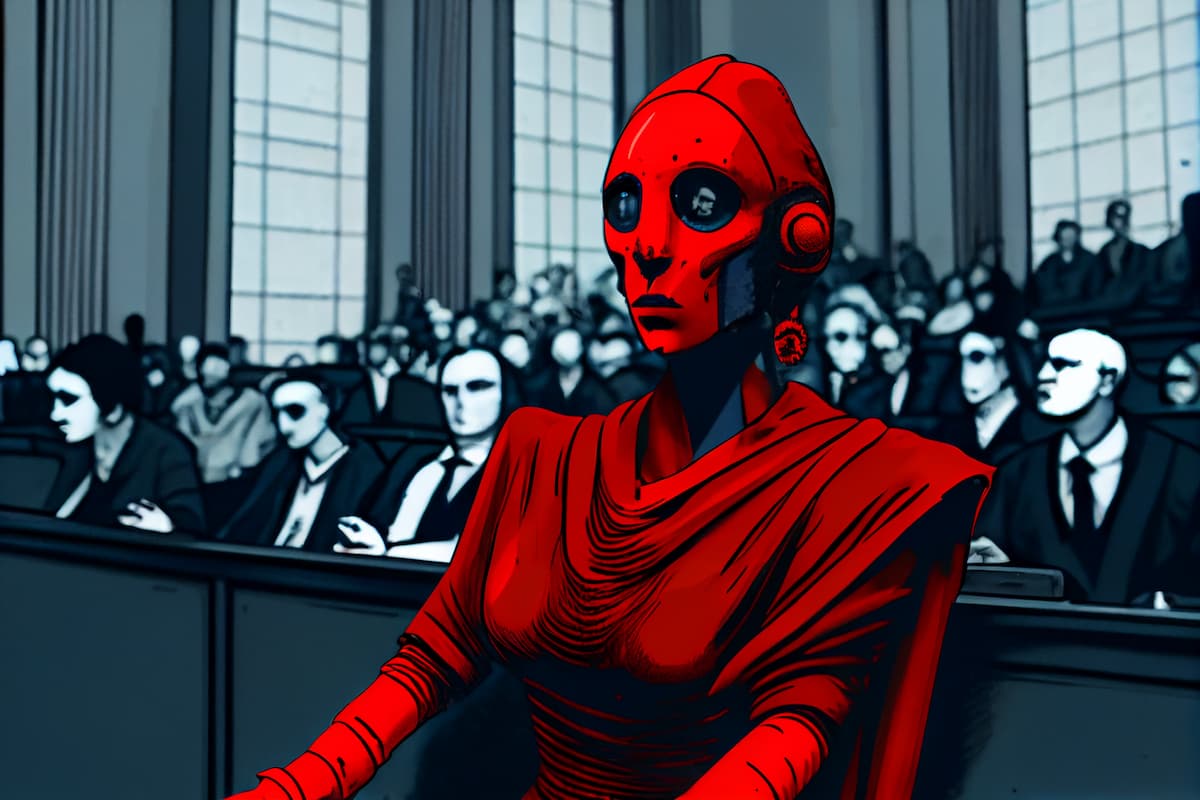ChatGPT, a groundbreaking artificial intelligence program, has taken the tech world by storm. Its ability to provide fast and accurate responses to a diverse range of queries has attracted attention from both tech enthusiasts and US lawmakers. However, as ChatGPT continues to expand its reach, concerns have arisen regarding the program's impact on national security, education, and society as a whole.
The Rise of ChatGPT: A Fast-Growing AI Program
Created by OpenAI and made available to the public for free, ChatGPT has gained widespread popularity since its launch. In just two months, it reached an estimated 100 million monthly active users, making it the fastest-growing consumer application in history. However, its ubiquity has also sparked fears that the technology could be used to spread disinformation and used by students to cheat.
AI: A Double-Edged Sword
While AI has enormous potential to transform society, it also raises concerns about its unchecked and unregulated use. Representative Ted Lieu, a Democrat on the House of Representatives Science Committee, highlighted this issue in a recent opinion piece in the New York Times. He stated that AI has incredible potential, but he is also "freaked out by AI, specifically AI that is left unchecked and unregulated."
AI and National Security
AI-powered technology such as ChatGPT also poses national security risks. As Andrew Burt, managing partner of BNH.AI, has noted, state and non-state actors with adversarial interests could misuse the technology to generate false or harmful information. This could have serious implications for national security.
AI and Education
Educators have also raised concerns about the use of ChatGPT in schools. As media reports suggest, the program has been banned in schools in New York and Seattle due to worries about plagiarism. Educators fear that students may use the technology to cheat and undermine academic integrity.
AI and Bias
Another concern is that AI technology may include biases that could lead to discrimination in the real world, such as in housing or employment. As a result, Senator Ron Wyden has pressed for the need to ensure that AI does not automate discrimination.
Possible Solutions
Given these concerns, there is a need for regulation to ensure the safe, ethical, and fair deployment of AI. OpenAI CEO Sam Altman recently met with lawmakers to discuss how AI technology can be used safely and fairly. One possible solution is to develop mitigations to help identify text generated by the ChatGPT system. Another approach is to focus on issues such as data privacy, bias, fairness, and transparency in how answers are generated.
Takeaway
ChatGPT's popularity highlights the potential of AI technology to revolutionize society. However, this technology also poses risks that must be addressed to prevent potential harm. As ChatGPT and other AI technologies continue to evolve and expand, it is vital that regulators and policymakers take the necessary steps to ensure that AI is used safely and ethically. The future of AI depends on how we manage and regulate its development and deployment.






